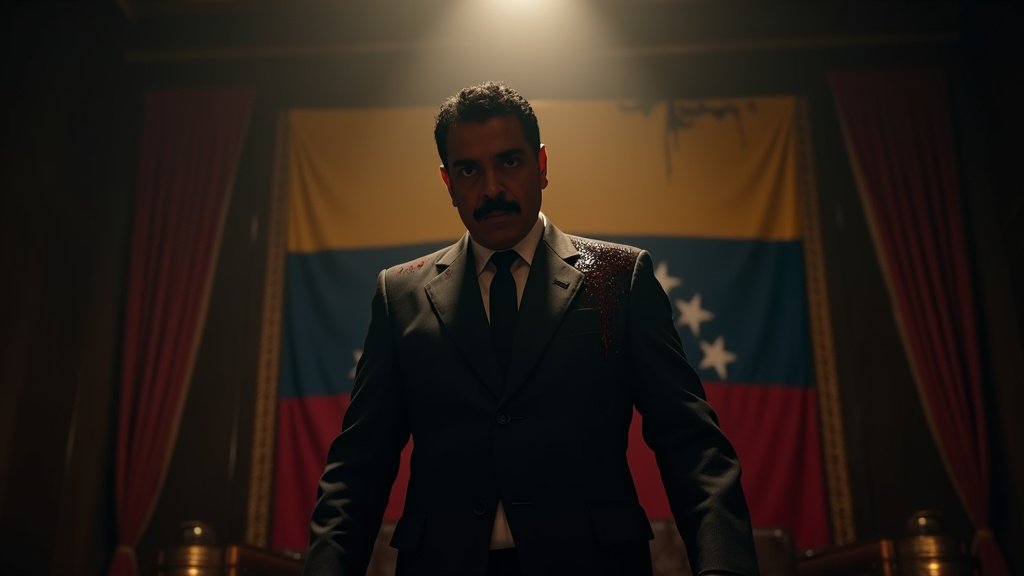Geneva/Mediterranean Sea – The humanitarian crisis in Gaza intensified significantly on May 2, 2025, marked by deadly Israeli strikes and a dire warning from the World Health Organization (WHO) that civilians, particularly children, face starvation as a total blockade enters its third month. Simultaneously, an incident in international waters near Malta involving a humanitarian aid vessel underscored the perilous challenges of delivering relief to the besieged enclave.
Escalating Humanitarian Catastrophe
On May 2, 2025, Israeli strikes resulted in the deaths of at least 22 people in Gaza. Among the casualties were nine members of the same family killed in an attack on the Bureij camp. These fatalities occurred as the total blockade imposed on Gaza entered its third month, exacerbating an already dire humanitarian situation.
The prolonged closure has led to widespread shortages of essential supplies, including food, water, medicine, and fuel. International aid organizations have repeatedly warned of the catastrophic consequences, projecting mass starvation among the civilian population unless access is drastically improved.
WHO Issues Stark Warning on Starvation and Complicity
The World Health Organization (WHO) has been unequivocal in its condemnation of the unfolding crisis. The global health body has issued a damning warning regarding the conditions in Gaza and criticized what it views as the international community’s complicity in the worsening situation.
Dr. Michael Ryan of the WHO delivered a particularly stark assessment of the impact on the younger generation. He stated, “The reality here is that we are breaking the bodies and the minds of the children of Gaza. We are starving the children of Gaza, because if we don’t do something about it, we are complicit in what is happening before our very eyes.” His comments highlight the profound and potentially long-lasting damage being inflicted upon the region’s most vulnerable.
Aid Vessel Attacked in International Waters
Adding another layer of complexity and concern to the effort to provide aid to Gaza, a vessel named The Conscience, part of the Freedom Flotilla Coalition, reported being attacked in international waters near Malta on May 2, 2025. The ship was carrying humanitarian aid intended for Gaza when it sent a distress signal following the incident.
According to reports from the scene, the attack involved drones and resulted in a fire onboard, a substantial breach in the ship’s hull, and the loss of communication capabilities.
Allegations and Rescue Efforts
The Freedom Flotilla Coalition was quick to attribute blame for the attack, stating that it holds Israel responsible for the incident. This claim raises serious questions about the safety of maritime routes attempting to deliver aid to Gaza through means outside of established, often restricted, land and sea corridors.
The Maltese government confirmed that emergency response efforts were initiated. A tugboat was dispatched to assist The Conscience and successfully helped extinguish the fire. Authorities confirmed that the 12 crew members and four civilians aboard the vessel were safe following the ordeal.
Reports also indicated that Swedish activist Greta Thunberg was reportedly among approximately 40 humanitarian volunteers who had planned to board the vessel to sail for Gaza. The status of these volunteers in relation to the attack and the vessel’s fate remains part of the ongoing investigation.
Conclusion
The events of May 2, 2025, underscore the severe challenges facing Gaza and the international community’s efforts to address the crisis. The combination of continued conflict within the enclave, the devastating impact of the blockade leading to warnings of mass starvation from bodies like the WHO, and incidents involving aid delivery attempts at sea highlight the urgent need for unimpeded humanitarian access and a de-escalation of hostilities to alleviate the suffering of the civilian population.










